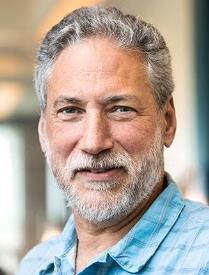Methane emissions from the US Oil and Gas Supply Chain: Employing an unusual partnership to get rapid and comprehensive results

Recording >>
|
 Steven Hamburg |
About the SpeakerIn his role as chief scientist Steven Hamburg works to ensure that EDF’s advocacy is based on the best available science. He is currently coordinating studies on methane emissions from the global natural gas supply chain. Prior to joining EDF he spent 25 years on the faculties of Brown University and the University of Kansas and served as a lead author for the IPCC and other panels and review bodies. He has published more than 100 scholarly papers on biogeochemistry, climate change impacts on forests and carbon accounting. He currently co-chairs the Solar Radiation Management Governance Initiative (joint project of Royal Society, TWAS, EDF) and serves on US EPA’s Science Advisory Board, NAS’s Board on Environmental Science and Toxicology as well as many university/government advisory boards. |
About the Talk
|
For upcoming events, check out CMS Applications Policy Speaker Series.
Your suggestions for future speakers or feedback about our series are welcomed. Contact the Applications Team.
- NASA Official: Jon Ranson
- Curator: Leanne Kendig
